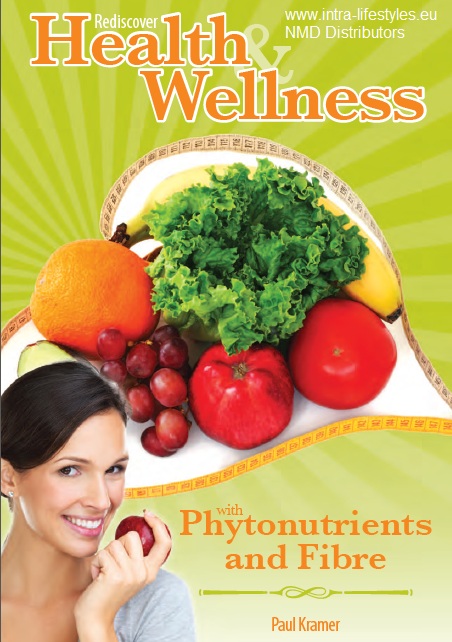Rediscover Health & Wellness with Phytonutrients with Paul KrameR – CLICK HERE
Phytochemicals AND Phytonutrients are chemical compounds that occur naturally in plants (phyto means “plant” in Greek). Some are responsible for color and other organoleptic properties, such as the deep purple of blueberries and the smell of garlic. Phytochemicals may have biological significance, for example carotenoids or flavonoids, but are not established as essential nutrients.[1][2][3]There may be as many as 4,000 different phytochemicals.[2] BY WIKIPEDIA
Phytonutrients are all-natural, plant-based chemicals that offer tremendous health benefits. Many support normal bodily functions but there are some that have extremely powerful hormonal, antioxidant, and immunity-boosting effects that can actually help ward off disease. The following five classes of phytonutrients have well-known health-promoting and disease-fighting benefits.
Flavonoids
Flavonoids are phytonutrients that are most concentrated in purplish red and brownish plants including berries, red cabbage, red onion, some whole grains,coffee and tea, red wine, and cocoa. They come in many different forms including flavonols and flavones. The health effects of flavonoids primarily stem from their potent antioxidant properties, as they are capable of scavenging free radicals, which play a major role in the onset of many chronic diseases. Regular intake of flavonoid-rich foods has been proven effective in the treatment and prevention of heart disease, cancer, and inflammatory disorders.
Carotenoids
Carotenoids are extremely powerful antioxidant compounds that protect the cells, tissues, and organs of the body from free radical damage. Due to their effects on free radicals, carotenoids have been shown to protect against heart disease, high blood pressure and certain forms of cancer, amongst other chronic conditions. Common forms of carotenoids include beta-carotene, alpha-carotene, and lycopene. Plant-based sources of such carotenoids include carrot, sweet potato, tomato, cantaloupe, kale, broccoli, sweet peppers, and other vegetables and fruits that are red, orange, yellow or green in color.
Isothiocyanates
Isothiocyanates are one of the most effective cancer-fighting phytonutrients. They have been shown to reduce cancer risk in organs such as the lung, breast, prostate, and colorectum. Isothiocyanates are largely present in cruciferous vegetables like Brussels sprouts, cauliflower, broccoli, cabbage, and horseradish. They are responsible for the bitter taste of these vegetables and they’re generally released when you chop or chew them. Regularly consuming isothiocyanates-rich foods may greatly hinder cancer development and tumor growth, especially when they’re consumed in raw form (click here for six vegetables and fruits that can effectively fight many types of cancer).
Lignans
Lignans are specialized estrogen-like phytonutrients (phytoestrogens) that exert beneficial hormonal and antioxidant effects. Due to these effects, regular consumption of foods containing lignans may offer protection against cancers of the breast and prostate, colorectal cancer, and even skin cancer. Of all plant-based foods, flaxseeds and sesame seeds are the richest sources of lignans including secoisolariciresinol, pinoresinol, and lariciresinol. In addition to these foods, substantial quantities of lignans are housed in whole-grains, vegetables, and some fruits (berries and apricots).
Indoles
Indoles are well-known phytonutrients that are largely present in leafy green and cruciferous vegetables like kale, Brussels sprouts, collard greens, broccoli, and bok choy. Similar to lignans, indoles are classified as phytoestrogens as they exert powerful hormonal effects that greatly protect against cancer. They are also effective antioxidants and free radical scavengers. As everyday dietary choices, foods containing indoles have been proven beneficial in the treatment and prevention of various forms of cancer, especially hormone-linked cancers like breast and ovarian cancer.
Scientists have identified thousands of phytonutrient compounds and more are being discovered every day. These five are among small fractions that have been extensively studied for their health-enhancing effects. To optimize your health and reduce your risk of disease, make an effort to incorporate foods rich in flavonoids, carotenoids, isothiocyanates, lignans, indoles, and other phytonutrients into your daily diet.

